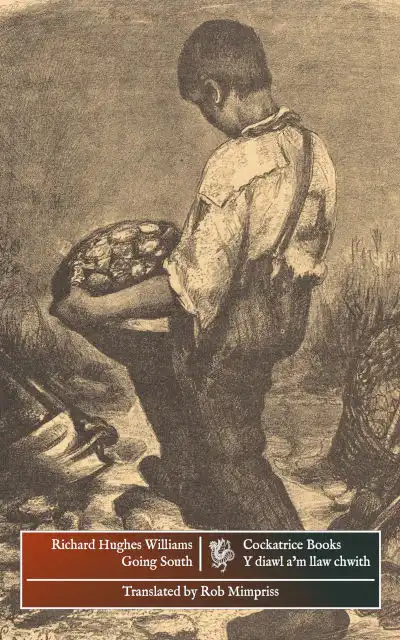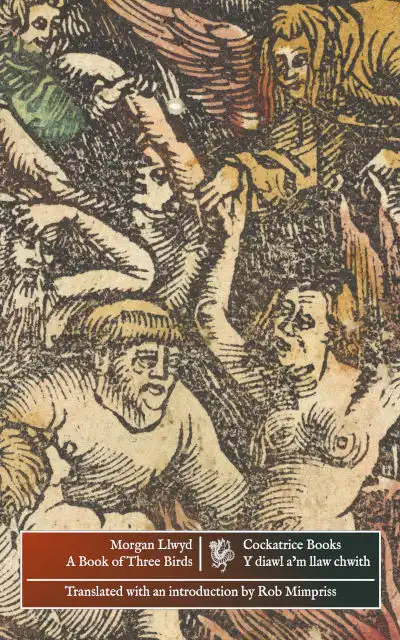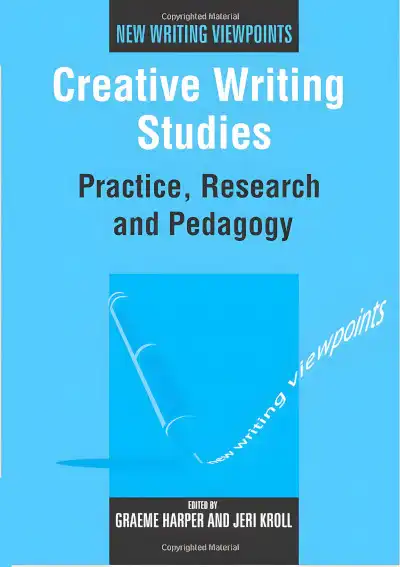Thomas Gwynn Jones (b. 1871, Betws yn Rhos, near Abergele; d. 1949), was a highly distinguished and influential poet, a translator from Irish, German, Norwegian, Latin, Greek and English into Welsh, and from Welsh into English, a novelist, playwright, critic, biographer and journalist. He was awarded the Chair at the National Eisteddfod in 1902 and received honorary doctorates from the University of Wales and the National University of Ireland. The short story below is taken from his sole short story collection, Brethyn Cartref (Caernarfon: Cwmni y Cyhoeddwyr Cymreig, 1913), and the translation is my own.
The story is gently comedic in its portrayal of male domestic incompetence in the face of increasing female empowerment, and while Gwynn Jones gives Elin, his protagonist, the final scathing word on political patriarchy, he maintains an apparent sympathy for her hapless yet well-meaning husband, John. The same acceptance of women’s rights, though from a persistently male point of view, is discernable in the final story translated here, A Slice of Life, while the portrayal of gender resentment and domestic chaos recalls the story of the cow on the roof, collected by T. Gwynn Jones with other traditional tales in his book, Welsh Folklore and Folk Custom.
I’m up to my ears in trouble. I’d never have thought it was possible. If the moon had fallen at my feet, I wouldn’t be more surprised. No, indeed, I’d be less so. I always took her for a perfectly sensible woman. In fact, I’d have bet my life no one could find a woman as considerate as she. She’d never mentioned it before, or not in my hearing, anyway, and I’m pretty sure no one else heard her talking about it either. But now she’s gone completely out of her mind. Who, do you say? Only my wife! What’s wrong with her? She’s just gone completely round the bend. What’s wrong? I can’t even begin to tell you, except she’s got it into her head that she absolutely must have the vote! And ever since... well, I don’t know what to do or say; I don’t know if anyone else can help me. It’s terrible round here.
Before she got this idea into her head, Elin was a perfectly sensible woman – one of the most sensible in the area. I never had any trouble with her. If I happened to get home a bit late in the evening, she never made any fuss. She knew exactly what to do. She never said a cross word, but she often knew how to make me feel I’d stayed out far too late, and I always respected her more for cutting me so skilfully down to size. I knew it was her way of telling me off, but I doted on her, and took my lesson like a child. Well, and whatever time I got back to the house, I never saw anything out of place. Everything was always so clean and tidy, and a nice hot meal ready and waiting, without me being put to the trouble of thinking what I’d like. Elin never worried a man by asking him what he’d like for dinner. I can’t be bothered with details like that, and Elin understood. Also, she had her own way of knowing what to give me, and as you know there’s nothing a man likes better than a nice hot meal without having to plan it himself. And that was one of Elin’s triumphs. The other thing, as I said, was that she used to keep the house clean and tidy. A man doesn’t want to be bothered with cleaning day or washing day: he likes everything spotless already. And that’s how Elin took care of it. Indeed, I was really happy, if only I’d known it. But I didn’t know at the time. I do now. She’s changed so much.
What’s the trouble, you say? I’ll tell you.
Elin wants the vote. That’s the trouble.
Am I against it? On my word of honour, no. She could have my vote, and welcome, if things would only go back the way they were before. She could have fifty votes for all I cared, if I didn’t have to complain about the way things have turned out. You never saw such a revolution. I’m not quite sure when the trouble started, but I think some meeting in town began it all. I felt at the time Elin was reading more of the paper than she should. I’ve nothing against that, of course: it’s all right for women to read the paper; they just shouldn’t go believing everything they read. Well, anyway, I noticed one day there was going to be a meeting in town about giving women the vote, but I didn’t pay much attention to it. In fact, I laughed at it, if anything. I wish I hadn’t. Elin said to me one day she wanted me to stay at home one afternoon and look after the children.
‘What for, love?’ I said.
‘So I can go to the meeting.’
‘What meeting?’
‘The meeting about giving women the vote.’
‘What on earth do you want to go to that for?’
‘I want to see what they have to say.’
I didn’t think any harm would come if it, so I agreed. Elin went off to the meeting, and I stayed to look after the children in her place.
The experiment was a disaster. The six oldest were playing the garden, and the baby was playing in the house. I didn’t worry about the ones in the garden at first. I had a good reason. I had more than my hands full with the little man in the house. I’d never imagined it was so hard for a man to be master in his own home before.
The baby – he’s fifteen months old – was sitting in the high chair when Elin left. Before long he was busy playing with the newspaper, and I went off to make myself a cup of tea. It wasn’t two minutes before he’d torn the whole thing to shreds. Then he took a fancy to the copper kettle on the mantelpiece. He managed to get hold of it, and threw it right into the tea things on the table, so they were all smashed to pieces. After that he managed to get down from his chair, and there I was following him round the house like his slave for two or three hours. He spent half the time turning everything inside out, and breaking everything made of china into little pieces. I was starting to get tired of his exploits, and thinking maybe the birch rod would do him good. I went to look for it, and while my attention was elsewhere he found a bucket of water and stuck his head in it. I got back just in time to save him from drowning. After I got him out of the water he was crying rather loudly, and I had to lend him my watch to calm him down. Before he got his hands on it, it was worth a good £6.
By this time I reckoned it was time to put the other children to bed. I tethered the baby to the table leg, and went into the garden to fetch the others. I had a hard time getting them into the house, but I managed in the end, and after making them eat the left-over gruel in a bowl on the kitchen table, I sent them to bed. Then I realised it was starch, not gruel, which may explain why the children were a little bit on the stiff side the next morning. I had terrible problems getting the brats to keep still. I could hear them fighting and arguing and calling each other names I assure you they never heard in my house. Also, the baby had made a terrible mess while I was putting the others to bed. He’d managed to pull the table down on its side, and the cat happened to be under it at the time. You never heard such a racket, what with him, and the cat, and the little savages upstairs.
I was at my wit’s end, and starting to wonder what had happened to Elin, since she still wasn’t back. I had terrible problems getting the baby and the cat and the table disentangled. Somehow, they’d all got jumbled up together, but after a long struggle I managed to sort them out. I took the remains of the cat outside. The baby was crying its eyes out too, since before the weight of the table put an end to her, the puss had planted her nails in him. The table was the quietest of the three, and the easiest to sort out. After I put the baby in its chair, I went to try and tidy the floor up a bit, which was covered with bits of broken plates, and all the other things the baby had broken. But the baby was keeping up such a racket that the lady next door came to ask if someone was trying to kill him. I said no one was, but he was trying to kill me, and had pretty near succeeded. The woman laughed, but it was no laughing matter so far as I was concerned.
I was eagerly waiting for Elin to get home, but there was still no sign of her even at half past seven. I was pretty busy for an hour after that, and then towards half past eight there she was.
‘I was on the committee after the meeting,’ she said, ‘and it went on rather late.’
‘Yes, so I see,’ I said.
When she saw the baby’s face and everything else, she lost her temper a bit.
‘What in the world have you been up to?’ she said.
‘Ask him,’ I said. ‘He’s in charge.’
‘I never saw anything like it,’ she said.
Nor me.’
‘Men are incompetent,’ she said, and added, ‘And to think they’re refusing women the vote!’
‘Yes, indeed,’ I agreed.
‘Where are the other children?’ she asked.
‘They’re in bed.’
The little brats had shut up by this time.
At last Elin consented to sort out the baby, and then made me hold it while she went upstairs to check on the others. While she was there I heard expressions of surprise.
‘John,’ she said, ‘where are our children?’
‘How would I know?’ I asked, ‘aren’t they in bed?’
‘No - at least only two of them. The others are somebody else’s children! What in the world got into you?’
When I looked, indeed I had put four of somebody else’s children in bed with two of our own.
I had to leave her to look for the others, and it was half past nine before I found them. I brought them home, but by this time there was a party of women around the table, holding forth on the incompetence of men, and the injustices they impose on women. I left the children in the kitchen, and took myself off to the nearest pub. I was there until closing time. When I got back, there wasn’t any supper or anything waiting for me, and I had to make it myself.
It’s a month since then, and things are getting worse all the time! The house is untidy and the children are dirty; that blasted committee is there every other day, and I can’t even say I’m the master of my own home. Yes, indeed, it’s terrible what men have to put up with.















